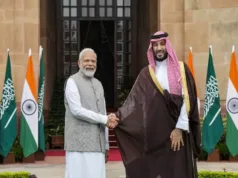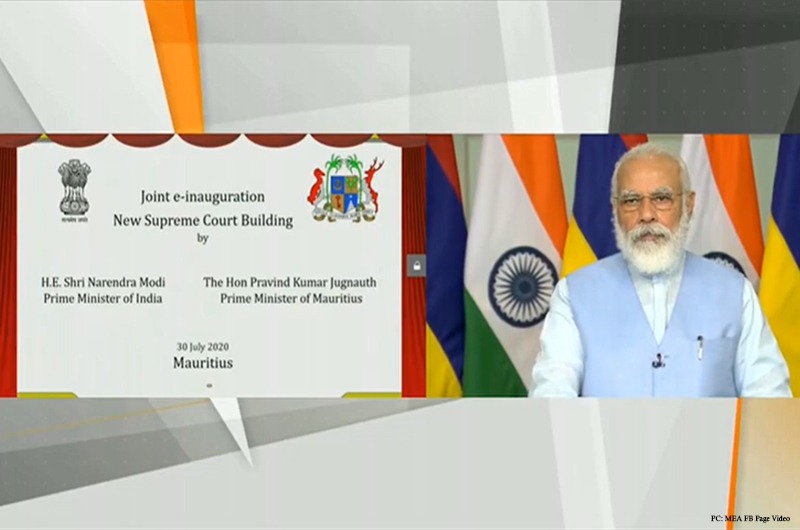The funds will act as financial support for the States and Union Territories battling the pandemic
The World bank on April 2 approved $1 billion emergency aid for India to fight coronavirus outbreak. This is the largest health package India has ever received from the international development bank. The World Bank has provided the highest chunk to India; $1.9 billion is sanctioned to help in over 40 nations fighting the pandemic which has claimed more than 50,000 lives worldwide. In South Asia, other countries who have been approved for the emergency support include $200 million for Pakistan, $128.6 million for Sri Lanka, $100 million for Afghanistan and $7.2 million for Maldives. As of April 3, the number of confirmed cases in India has risen to 2549 with 75 deaths.
According to the World Bank officials, the emergency financing will support all States and Union Territories of the country in better screening, testing, contact tracing, diagnostics, medical equipment and infrastructure, and set up new isolation wards for the infected. Special focus would be upgrading the status quo of the district hospitals where hospital beds would be converted into intensive care units. The support would also scale up the process of regulating and breaking human-to-human transmissions and containing the outbreak. Further, it would help the country to invest in the better health infrastructure to fast-track the response system towards COVID-19 in the country.
According to the Board of Executive Directors of the World Bank, this is the first set of emergency funds to support the operations and fast-track the response facilities in the developing countries. The World Bank is working on a $160 billion support funds for over the next 15 months for tackling the pandemic. The Bank would also tackle poverty by emphasising on policy-based financing in order to protect the poorer households and areas. Due to the worldwide disruption in the supply chain of necessities, the World Bank is also reaching out to suppliers directly on behalf of the governments, to ensure the supply of medical equipment.









